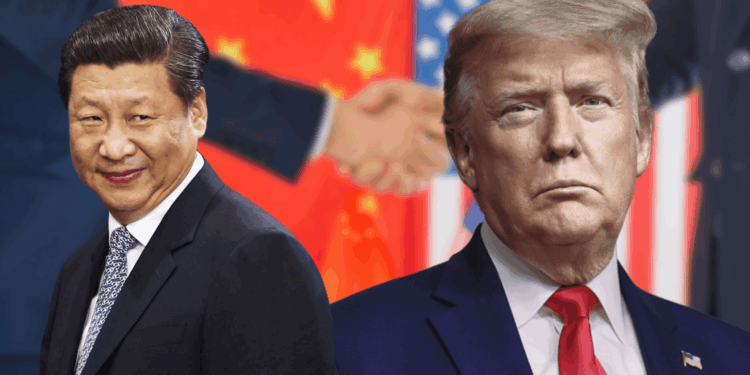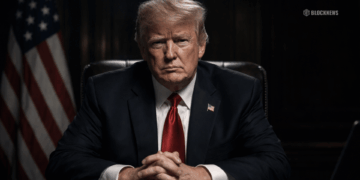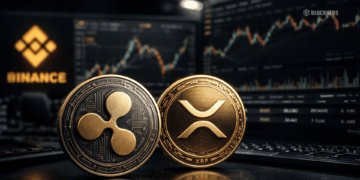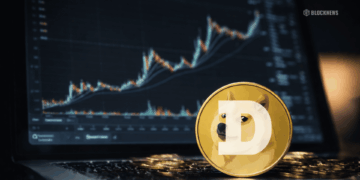- Trump announces a 90-day pause in the US-China trade war, lowering tariffs by 115 percentage points.
- Wall Street surges as the S&P 500 and Dow Jones rebound amid hopes of improved US-China relations.
- Analysts caution that the temporary truce may not resolve deeper structural tensions between the two nations.
So, apparently, there’s a bit of a breather in the whole US-China trade debacle. President Donald Trump is calling it a “total reset” after both countries agreed on a 90-day pause in their escalating trade war. This pause is meant to dial down the tension that’s been looming over the global economy, with both sides agreeing to lower tariffs by a whopping 115 percentage points.
“They’ve agreed to open up China,” Trump declared during a press conference at the White House on Monday morning. It’s worth noting that for months, he’s been raising the stakes by cranking up tariffs on Chinese exports. Now, after a series of talks in Geneva, it seems like both sides are finally willing to take a step back.
Friendly Talks and Market Reactions
According to Scott Bessent, the US treasury secretary, the negotiations in Geneva were marked by “great respect” from both parties. He mentioned that neither side really wants a complete economic split, which—given how tense things were—sounds almost optimistic.
Wall Street didn’t take long to react, either. The S&P 500 shot up by 2.7%, and the Dow Jones Industrial Average gained 2.4% in early New York trading. Just a few months ago, the S&P 500 had taken a massive hit when Trump first slapped tariffs on China, but now, with this new agreement, those losses are pretty much reversed.
Shifting Focus?
Trump was all smiles at the press event, saying the Geneva talks were “very friendly” and insisting, “We’re not looking to hurt China.” It’s kind of a turnaround considering his earlier stance—constantly hinting that tariffs were a financial goldmine for the US government. On Monday, however, his tone was noticeably different. Now, he’s all about the “opening up” of China, seeing it as a golden opportunity for American businesses.
Then, almost out of the blue, Trump veered towards Europe, suggesting the European Union might be next on his list of trade grievances. He labeled the EU “nastier” than China when it comes to trade practices. “We have all the cards,” he claimed, echoing his past rhetoric—like a deja vu, but this time aimed at Europe.
Tariff Adjustments and Exceptions
The 90-day reduction covers the tariffs Trump announced back on April 2, which had escalated to a steep 125% on many Chinese imports. Beijing responded in kind, slapping equivalent measures on US goods. Not only that, China threw in some non-tariff barriers, like limiting the export of vital minerals used in high-tech manufacturing.
With the new deduction, China’s tariffs on US goods will now drop to 10%, while US tariffs on Chinese goods will ease to 30%. This is because the initial US tariffs, set by Trump before the trade conflict really blew up, already included a 20% rate linked to China’s involvement in the fentanyl crisis. Trump made it clear that the fentanyl-related tariffs would remain untouched, as would those targeting specific sectors like cars, steel, and aluminum.
China’s Perspective and the Market Reaction
A spokesperson from China’s Ministry of Commerce seemed pretty positive about the deal. They pointed out that the move aligns with the expectations of producers and consumers on both sides and hoped the US would keep pushing forward in a cooperative spirit. In China, the yuan climbed to a six-month high, which probably wasn’t too surprising given the sense of relief after the trade war hit pause.
Scott Bessent, reflecting on the Swiss negotiations, said he was particularly impressed with how China seemed to finally grasp the scale of the fentanyl crisis in the US. That acknowledgment was a bit of a breakthrough, apparently.
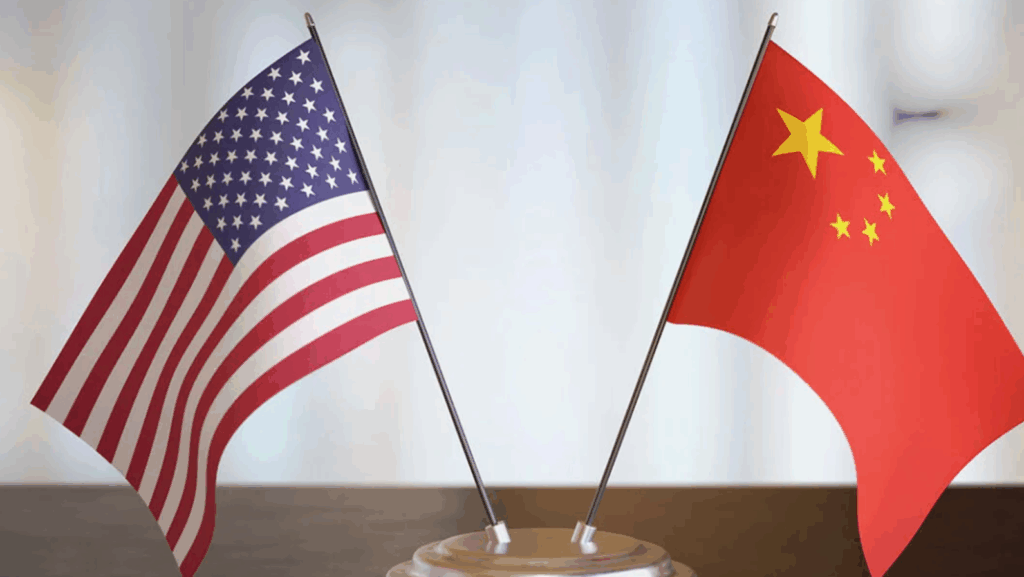
Market Buzz and Global Reactions
William Xin from Spring Mountain Pu Jiang Investment Management had a pretty upbeat take on the whole thing, calling the outcome “far beyond expectations.” Just having the two sides talk was already seen as a win, so this more definitive pause felt like a huge bonus.
Hu Xijin, a somewhat nationalistic voice in China, called it a “great victory” for China’s principle of mutual respect. Meanwhile, Wang Wen from Renmin University warned against getting too comfortable, saying this truce doesn’t erase the deeper issues between the two superpowers.
In Europe, the mood was more upbeat. Germany’s Dax index jumped nearly 1%, while France’s Cac 40 rose 1.3%. Even Maersk, the Danish shipping giant, saw its shares climb 12%. Brent crude was also on the up, gaining almost 3% to hit $65.75 a barrel, and the dollar index rose by 1.2%.
A Bit of Caution
Though there’s a sense of calm now, experts like Wang Wen remind everyone that this is more of a tactical pause than a resolution. The deeper structural issues between the US and China aren’t going away overnight. Still, for now, it seems like both sides are at least trying to play nice.
Well, for the next 90 days, anyway. Who knows what’ll happen after that?


